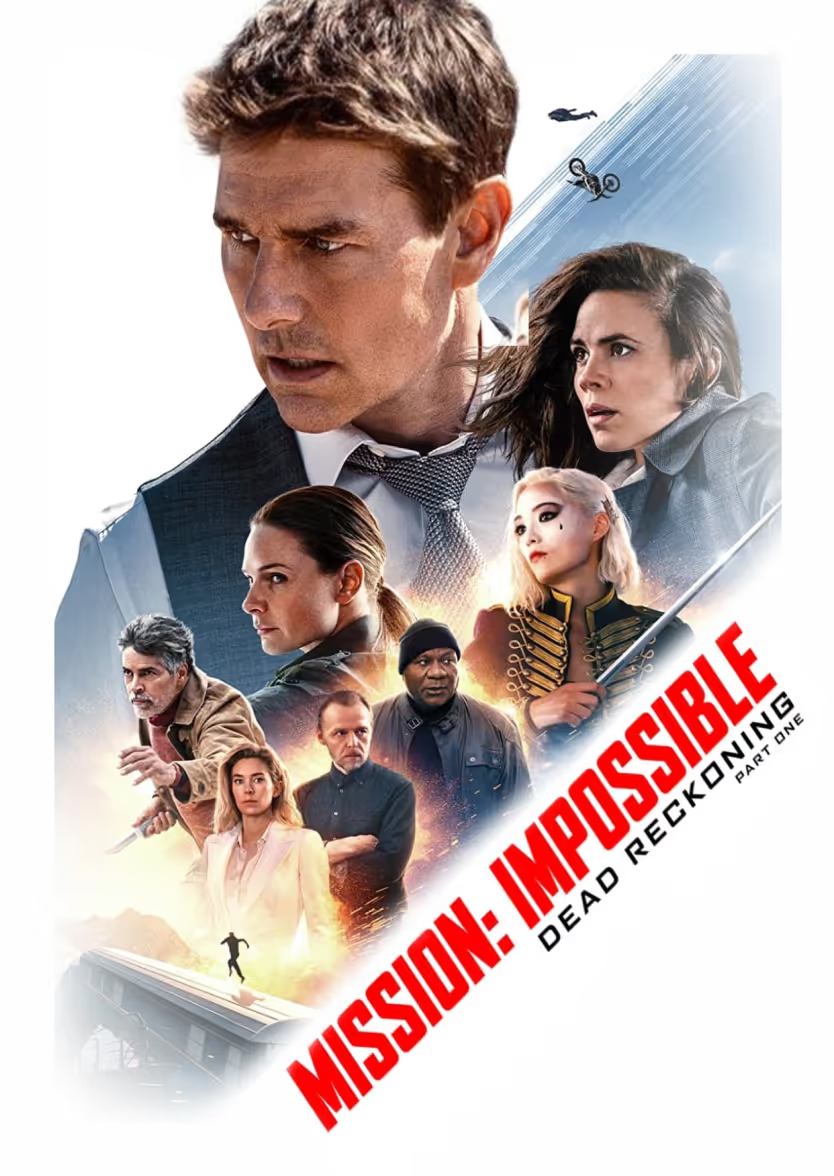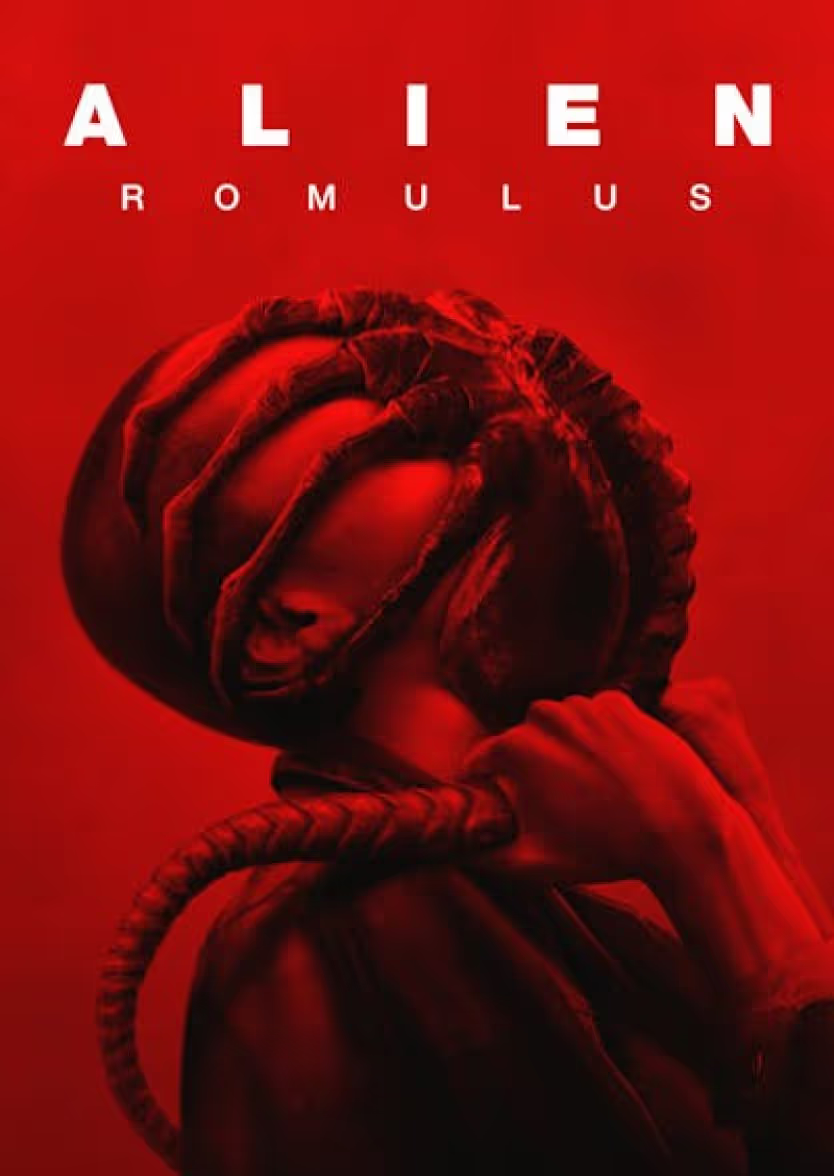Fred Paragano, CAS, is a re-recording mixer and supervising sound editor for television and feature films. He’s been nominated for three MPSE awards, two Primetime Emmy awards, and has won one Golden Reel Award. His recording and mixing work has been featured on multiple Grammy-winning albums and live concert videos.
In 2003, he founded Paragon Studios in Nashville, Tennessee. For nearly 20 years, he maintained ownership of the facility until moving its current operations to Los Angeles in 2022.
In 2012, he personally relocated from Nashville to LA, where he continues to work as a re-recording mixer, supervising sound editor and music mixer.
This interview has been edited for clarity.
So, tell us about your company, Paragon Studios.
Paragon Studios was originally located in Nashville, Tennessee. I had a ground-up 22,000-square-foot facility designed by Russ Berger, which I sold about two years ago. I’ve been in LA for 11 years and recently completed the construction of a new studio in my home. So, I do most of my work from here, but I also work from many other facilities around town.

Nice! And how did you end up using Evercast? What kind of challenges did it solve for you?
When COVID happened and required us to work from home, I became aware of Evercast. At that time, ClearView and Evercast seemed to be the two platforms of choice. I used both in different situations and got to see how each of them performed. I did have a ClearView system over here for a while because my client required it, but then I also used Evercast on the show The L Word.
I recently worked with a company located up north on their feature documentary. We weren’t all in the same location but needed to do a spotting session with the filmmakers. They wanted to use Zoom, which I really discouraged for multiple reasons. I suggested Evercast, and they went with it. The director and editors were in San Francisco, and some of the producers were in New York. We had everybody in the room, and everyone could comment. What I really loved about it was that, even though I was hosting the room, the directors and editors could drive the transport remotely from their location, which was very helpful for us.
It had been two or three years since I last used Evercast, and seeing what it can do now blows away all the competition. We used it for the spotting session, and it worked flawlessly. The clients were very impressed—and that, of course, makes us look good, too.
And your tech support was fantastic, by the way. He helped me through a really complicated setup and got it to work exactly the way I wanted it to, which I didn’t think would be possible. Afterward, he asked me, “What would make this better for you? What would you like to have in this that it doesn’t have right now?” He took notes, and in some cases, showed me how to do things I was hoping to do, so that was really cool.
I love that you are open to hearing suggestions. Normally, it’s me trying to make the suggestions, but you’re asking me, “What do you want?” Everyone seems interested in delivering and understands why I’m asking, too. When I find a product that improves my workflow or helps improve how we do what we do, I always like to invest my time and energy in helping develop it.
I see the possibilities here—being able to remain in my location but still work with clients worldwide. It just opens up so many more possibilities. Evercast keeps me in the comfort of my local work environment. It also keeps me home with my family, and that’s really important.
Have you found that you’re able to actually get more clients using Evercast, too?
Yeah. I’ve got a project starting in Nashville soon; I’m also working with a client in Oregon, so this will be a nice way to work back and forth with him as well. I work with many people in town, out of town, and around the world. Now, they can all be remote, but we can still collaborate, which is awesome. Evercast is far beyond the other companies out there that are doing this kind of thing.
Being at a physical distance, these projects would not have been possible years ago. I would likely not be involved in these jobs if it weren’t for Evercast. The software has eliminated distance and location as barriers, bringing the workflow closer. So yes, Evercast has directly contributed to attracting jobs I otherwise wouldn’t have had.
I’ve been telling everybody about Evercast. Most people are familiar with it, but many don’t use it all the time, and they haven’t seen how much it has developed in the past few years. I’ve been really encouraging people to use it. Again, the client I was working with on this film loved it, and they had not heard about it before, so it was a good way to introduce it, especially if they’re working all over the country with different people.
So, you’d say you see a strong future for remote work when it comes to sound?
Absolutely. It’s funny; I’ve been working remotely for a very long time. Being in Nashville for so long, I have used all types of connection options, such as ISDN, Source Connect, etc. Evercast is hands-down the most elegant system I’ve worked on for this kind of collaborative work.
And how exactly have you been using Evercast?
For spotting sessions, I use the video file [with the Evercast file streaming feature], and we can all grab the transport and cue up or play a scene. When mixing, I stream a live feed directly from my console into Evercast. We stream with NDI, sometimes screen share, or a combination of multiple things. But I’m basically sharing the Avid engine window for video and then picking off the audio bridge out of my recorder into Evercast. Then, I stream my webcam as well.
When we did the spotting session for the documentary, the sound team was local, and the filmmakers were in multiple other locations. I had the Evercast Apple TV app running so we could see the picture on my projector. Then, our video chat window was on my computer monitor.
Cool! What is the biggest challenge you’ve faced on the documentary you’re working on currently, and how are you tackling it?
It’s been a considerable challenge, actually. The movie is built on footage between the ‘70s, ‘80s, and late ‘90s, and it’s all news footage and other found sources. There are no recent sit-down interviews or voiceovers to tell the story. The story is built solely on original news footage, home video footage and obscure found footage. All of these sources fluctuate in varying degrees of audio and video quality. Some of them are really, really bad, and some of them are decent, but they’re all old recordings, and I have to try to figure out how to bring consistency to all of them.
The footage includes multiple different interviews in different places—some of them are press conferences, some are sit-down interviews, some are obscure audio recordings, and I’ve got to make them all sound like one cohesive thought. It’s challenging to bring it together so the audience is paying attention to the content rather than getting distracted by the noises, mic bumps, hiss, buzz, and other sound problems. There’s not one solution that I can use consistently throughout—I have to work clip-by-clip, and there are thousands of audio clips that each need entirely different treatments. I am using many tools, including AI-based software, which helps, though it is still very time-intensive and challenging. But it’s really turning out fantastic.
Love it. How do you get inspired or stay inspired for creative work in general?
The people I’m working with inspire me. Working with the people whom I’ve always respected over the years, learning from them and seeing how they do things—that’s just exciting for me. Knowing that I’m making a difference in the project is inspiring. And I love what I do, so that naturally keeps me inspired.
How would you say you manage difficult clients when they come up?
I don’t have difficult clients! You know, it used to be that I would be obsessive about a project and approach it the way I wanted. When there were changes, I would always feel like, “They’re changing my work!” Over the years, though, I’ve learned that the client typically has a much better perspective on what they’re looking for, and this is their movie; this is their music; this is their thing that I’m having a hand in. And so I’ve learned to listen to them and collaborate more, I guess you could say. I’ve had difficult clients over the years, but recently, the people I’ve been working with are fantastic, and they inspire me, too. I love sitting in a room with the filmmakers, hearing their thoughts, and collaborating with them to help them achieve their vision. I think that that’s exciting.
Definitely. What’s something that you learned later in your career that you wish you figured out sooner?
I’m always learning. Every job I do, I learn something different, or a different way to do it, a different way to approach something. Watching somebody else work, seeing something they’re doing, taking a technique they’re doing that I’ve never seen, and then borrowing it.
You know, it’s interesting; technology is changing so much, too, and I’ve probably changed my workflow more in the past year than I’ve changed it in the past ten years. On this last feature I worked on, from the beginning to the end of the project, my workflow changed again. I was using different software at the beginning of it than I was at the end of it.
So constant modifying, constant learning.
Create together remotely, in real time
















.avif)









.avif)


.avif)